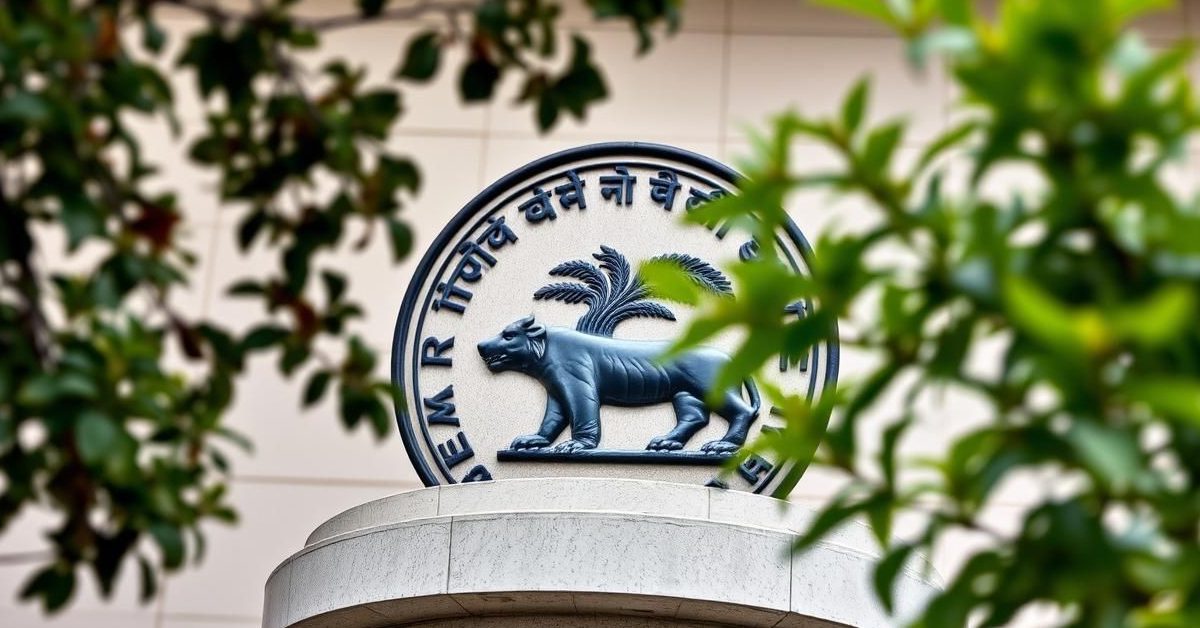Despite a notable dip in standalone net profit and revenue for the fiscal year ended March 2025, Tata Sons, the holding company of the vast Tata group, has decided to reward its shareholders with a significantly higher dividend and increased its chairman’s salary.
Standalone Financial Performance
Tata Sons reported a 24.30 percent fall in its standalone net profit, reaching Rs 26,231.74 crore for FY25, down from Rs 34,653.98 crore in the previous year. This decline occurred despite the company’s directors recommending a substantially higher dividend.
The company’s total standalone revenue also saw a reduction, dropping by 11.52 percent to Rs 38,834.58 crore in FY25, compared to Rs 43,893 crore in the prior year. The previous year’s revenue figures had included a significant profit of Rs 9,375.66 crore from the sale of investments, which was not a recurring income.
Generous Dividends for Shareholders
In a surprising move given the profit dip, Tata Sons’ directors, led by Chairman N Chandrasekaran, have recommended a hefty dividend of Rs 64,900 per share for FY25. This is a substantial increase from the Rs 35,000 per share paid out in the previous year, effectively almost doubling the payout.
The primary beneficiary of this increased dividend will be Tata Trusts, which holds a 66 percent stake in Tata Sons. The Shapoorji Pallonji group, holding around 18 percent, will also receive a significant payout. This marks a trend for Tata Sons, which has consistently increased its dividend payouts over the last couple of years, for instance, paying Rs 17,500 per share in FY23.
A major portion of Tata Sons’ income is derived from the dividends it receives from its various group companies. Tata Consultancy Services (TCS) contributes the most, with Tata Sons holding a 71.77 percent stake in the IT giant. TCS distributed a total dividend of Rs 44,962 crore in FY25, a significant portion of which flows to its parent company.
Chairman’s Compensation Sees a Rise
Despite the dip in Tata Sons’ standalone profit and revenue, Chairman N Chandrasekaran saw a 15 percent increase in his salary and commission. His total compensation for FY25 stood at Rs 155.81 crore, up from Rs 135 crore in FY24, positioning him as one of the highest-paid CEOs in India.
Chandrasekaran’s compensation package included Rs 15.12 crore as salary, with the larger portion, Rs 140.69 crore, coming from commission. Other key executives also received substantial remuneration. Saurabh Agrawal, the executive director of Tata Sons, received a total package of Rs 32.68 crore, including a Rs 26 crore commission.
Noel Tata, a director on the board, holds 4,058 shares in Tata Sons, making him the sole shareholder among the directors mentioned. This shareholding will entitle him to approximately Rs 26.33 crore in dividends from the company.
Consolidated Performance and Regulatory Update
While standalone figures showed a decline, Tata Sons’ consolidated revenue presented a different picture. The consolidated revenue was higher at Rs 592,673 crore in FY25, an increase from Rs 476,725 crore in the previous year, reflecting the combined performance of its vast network of group companies.
In a regulatory development, Tata Sons has applied to the Reserve Bank of India (RBI) for a voluntary surrender of its certificate of registration as a Core Investment Company (CIC). The company aims to continue operating as an ‘unregistered CIC’ following prescribed procedures, and its application is currently under review by the RBI.
- Tata Sons’ standalone net profit fell 24.30%, and revenue declined 11.52% in FY25.
- Despite this, the company declared a significantly higher dividend of Rs 64,900 per share.
- Tata Trusts, holding 66% stake, will be the primary beneficiary of the increased dividend.
- Chairman N Chandrasekaran received a 15% salary hike, totaling Rs 155.81 crore.
- The company’s consolidated revenue, however, showed growth, reaching Rs 592,673 crore.
These figures provide a detailed look into the financial health and strategic decisions of one of India’s largest conglomerates, balancing standalone performance with broader group strength and shareholder returns.














